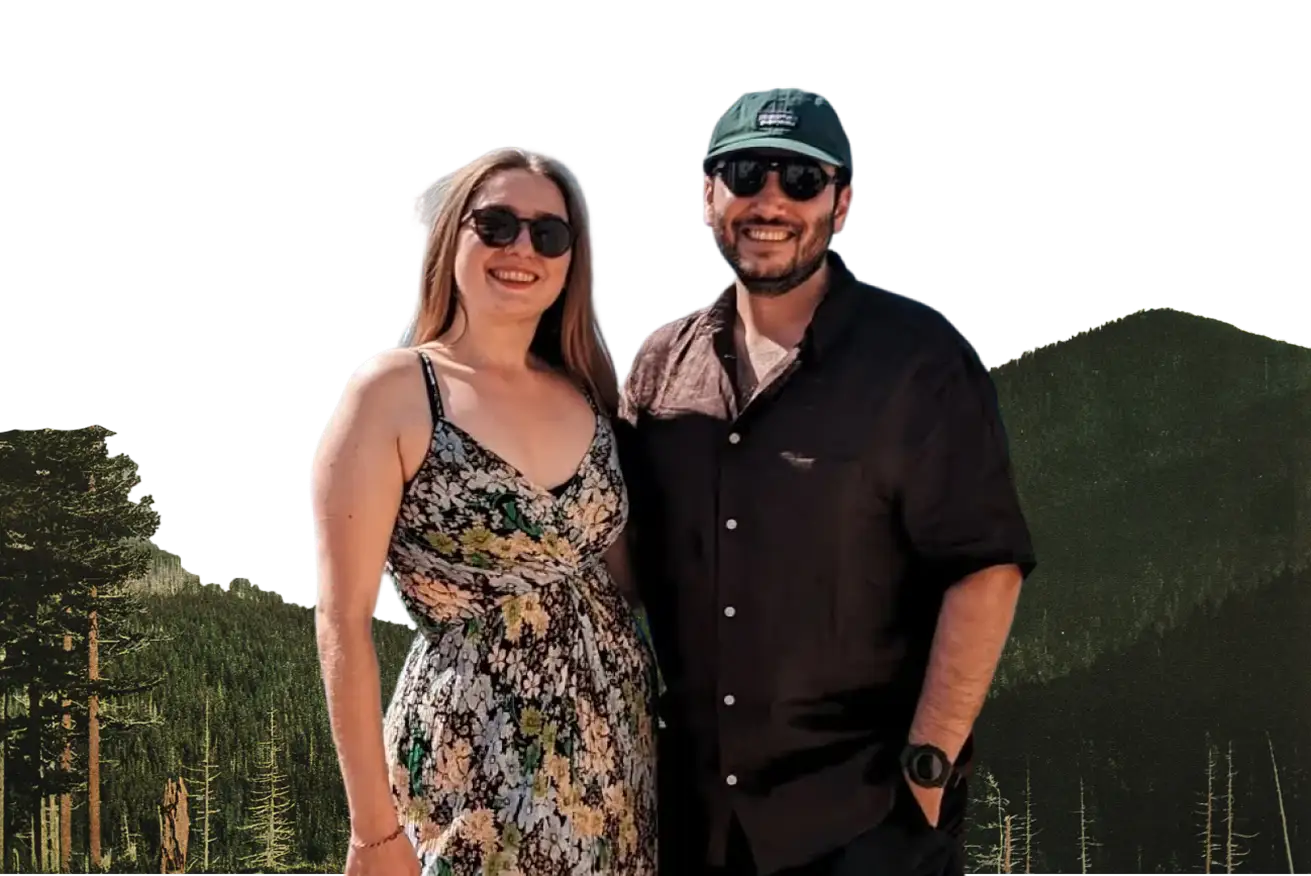There is a sound to Turkey's Black Sea coast that is unlike any other. It is the restless rush of the dark sea, the sigh of the wind through dense, green forests, and the fast, energetic melody of the kemençe (lyra) fiddle. But if you listen very closely, in the small villages nestled between the mountains and the sea, you might hear the echo of another sound, another story. It is the sound of Lazuri, the unique language of the Laz people, a language that holds the soul of this land in its very cadence.
We came to the Karadeniz region expecting to be captivated by its dramatic landscapes. We did not expect to be so moved by the discovery of a language that felt like a secret key, unlocking a layer of history and identity that is often invisible to the outside world.
A voice from a different family
The most fascinating thing about Lazuri is that it is not a dialect of Turkish. To hear it is to hear a voice from a different linguistic family tree altogether. It is a Kartvelian language, a cousin to Georgian, a tongue whose roots are deep in the Caucasus, not in Central Asia. This single fact is a profound reminder that political borders are often just lines drawn over much older, more complex cultural maps.
For centuries, the Laz people have made their home in this challenging, beautiful landscape of steep mountains and sea. They were skilled boat builders and fishermen, their lives tied to the rhythms of the water. Their language, Lazuri, was shaped by this reality, a vessel for the stories, the songs, the jokes, and the unique worldview of a people living in this specific corner of the earth.
A language under pressure
But a language is a fragile, living thing. Like many minority languages across the globe, Lazuri is a language under pressure. In a world of national media, urban migration, and the dominance of a single official tongue, the spaces where a language like Lazuri can breathe grow smaller.
When a language is lost, it is not just a collection of words that disappears. It is an entire universe. It is a community's collective memory, its unique way of seeing the world, the untranslatable nuances of its poetry and humor. The potential silencing of Lazuri is the potential loss of an irreplaceable part of the Black Sea's, and the world's, cultural soul.
The seeds of a revival
And yet, the story is not over. In recent years, a quiet, determined revival has begun. We hear it in the music of Laz artists who are weaving their native tongue into contemporary songs, bringing its sound to a new generation. We see it in the work of scholars and community members who are creating dictionaries and documenting oral histories, giving the language new life. The internet, so often a force for homogenization, has also become a new kind of homeland, a digital space for Laz speakers to connect and share their heritage.
To learn about the Laz people and to listen for the sound of their language is to engage in a profound act of "deeper seeing." It is to choose to look beyond the simple, unified narrative of a nation and to appreciate the rich, complex, and sometimes fragile tapestry of cultures that live within it. It is a powerful reminder that every language is a unique palace of memory, and to fight for its survival is to fight for the beautiful diversity of our shared human story.
.svg)




